Great symphonies
A genuinely great symphony can melt the heart of any listener. Moreover, it can turn one into a lifelong fan of a particular composer, or orchestra. Symphonies are concentrated, raw emotion that goes straight to the heart. More often than not, they tell a complex story and captivate you with their beautifully nuanced melody.
Thus, being deeply personal matters, objectively speaking, it can be tricky to pinpoint the best symphony. But for this article, we’ve tried our best. Below, you’ll find the 9 most widely appreciated symphonies. We’ll look at popularity, how well the composer crafted their work, and finally, at the emotions it inspires in the listener.
Shostakovich – Symphony No. 8
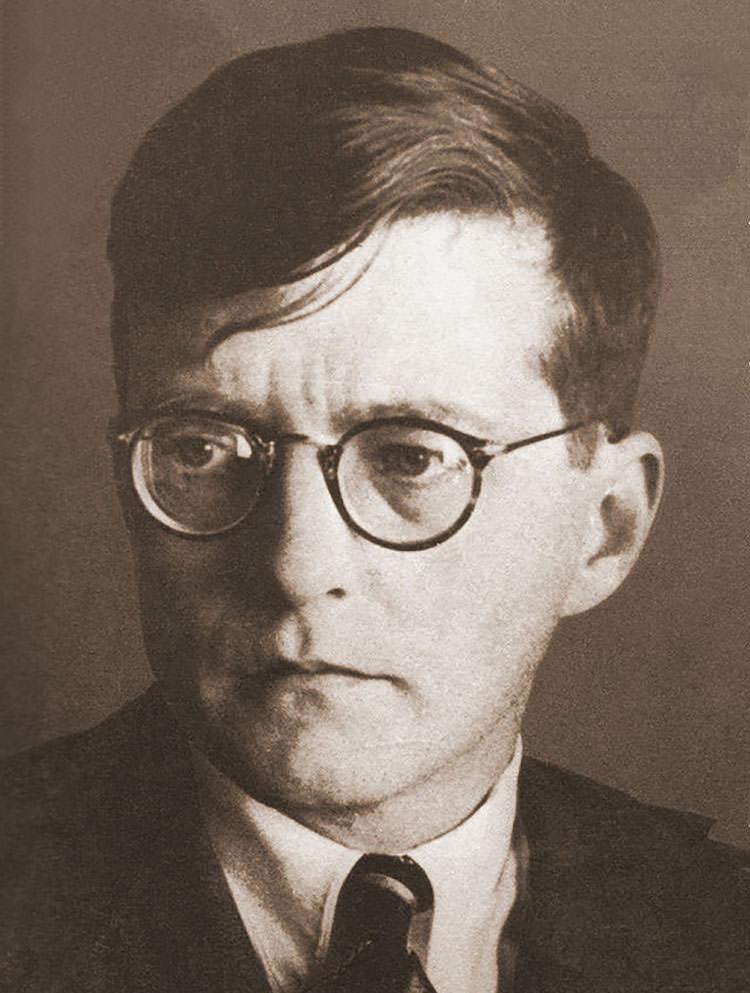
Commonly known as “the Stalingrad Symphony” (where it premiered in 1944), Shostakovich’s Symphony No. 8 is believed by many to be the composer’s most tragic work.
Written at the height of World War II, Symphony No. 8 is dark and foreboding in tone, but also oddly hopeful. Following the success of his seventh symphony, Shostakovich received numerous letters from people, ravaged by the terror of conflict and hunger.
The eighth symphony perfectly represents the struggle of the Russian people and soldiers and follows both themes of death and winter, but also of renaissance and victory.
Mahler – Symphony No. 6
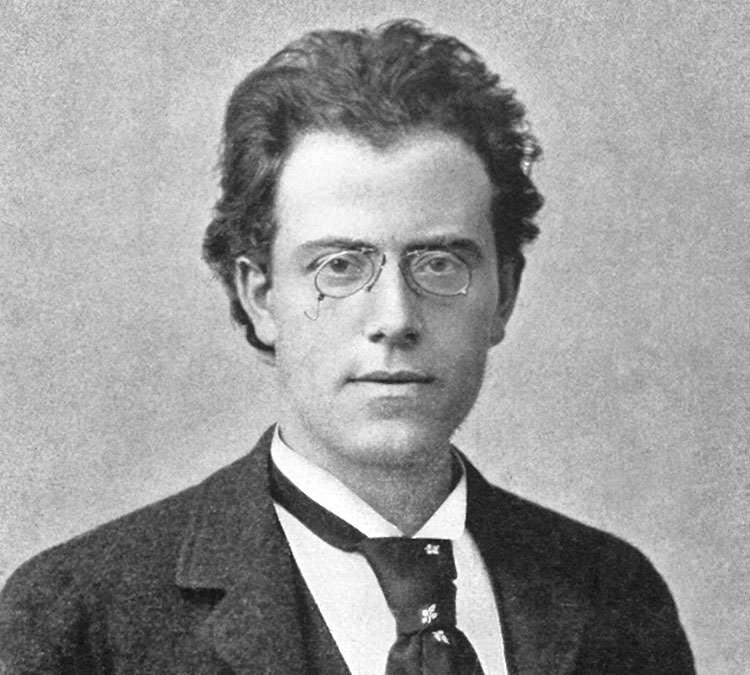
Nicknamed “the Tragic” (Tragische), Symphony No. 6 is by far Mahler’s most deeply personal work, according to his own wife, Alma. The symphony, which has largely remained a mystery for audiences and critics down the centuries, is in marked contrast with Mahler’s disposition.
According to Alma’s autobiography, Symphony No. 6 is written at a time (1903-1904) when the composer was always happy, enjoying life alongside his young family.
The symphony also proved strangely prophetic for Mahler who, following its premiere in 1906, would suffer the most harrowing year of his life. 1907 saw the death of Mahler’s eldest daughter, his resignation from his conducting post in Vienna, and the diagnosis which correctly predicted the composer’s death from heart disease.
Beethoven – Symphony No. 7
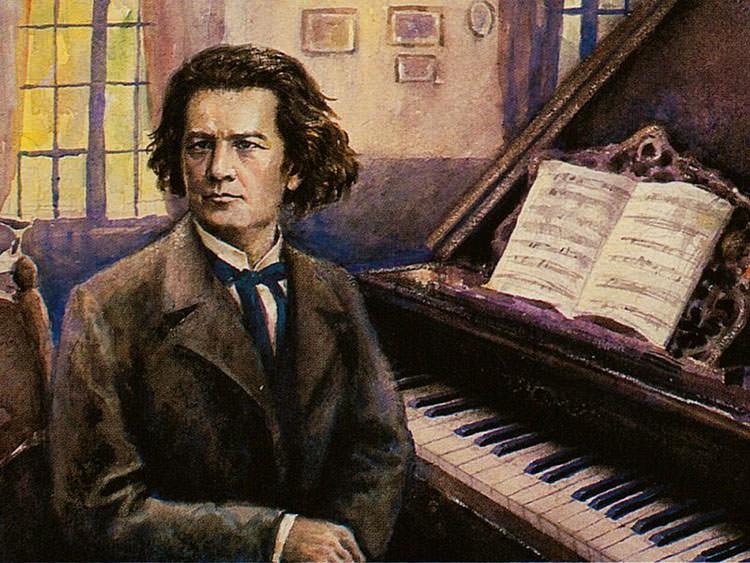
Symphony No. 7 is remembered by many as one of Ludwig Van Beethoven’s most riling works. What makes it stand out, perhaps, is that in Symphony No. 7, the composer demonstrates a maturity that was lacking in his previous symphonies.
With his seventh symphony, Beethoven has such complete, and masterful control of his composition that it’s quite simply a pleasure to listen to. It is an agitated, upbeat piece of music that makes the listener feel emboldened, but also entranced, as certain parts of the work demonstrate the composer’s nigh obsessive nature.
Moreover, Symphony No. 7 is a moving piece for its upbeat optimism. Composed when Beethoven had already begun losing his hearing, it’s all the more impressive that he found such light in his music, still.
Mozart – Symphony No. 41
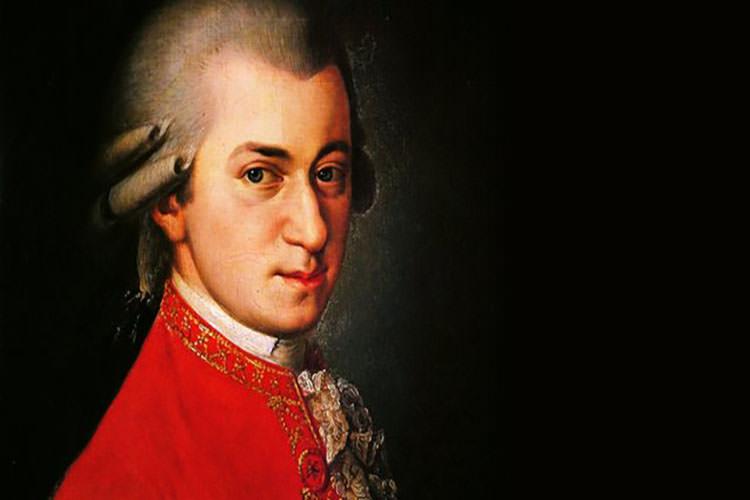
Even if Mozart’s Symphony No. 41 had been a complete bust, it was bound to be remembered by history, being his very last composition. It’s all the more satisfying, then, that Symphony No. 41 is anything but.
Its composition in C Major giving off a distinctly regal tone, Symphony No. 41 starts out oddly somber (for Mozart’s usual style). That, however, is easily explained when one looks at it for what it is – the grand finale of an overarching trilogy (together with his 39th and 40th symphonies).
Symphony No 41 was nicknamed the Jupiter symphony because one publicist claimed it reminded him of the great Roman god and his thunderbolts. Though tragic, it’s a fitting cap to the extraordinary composer’s career.
Brahms – Symphony No. 4
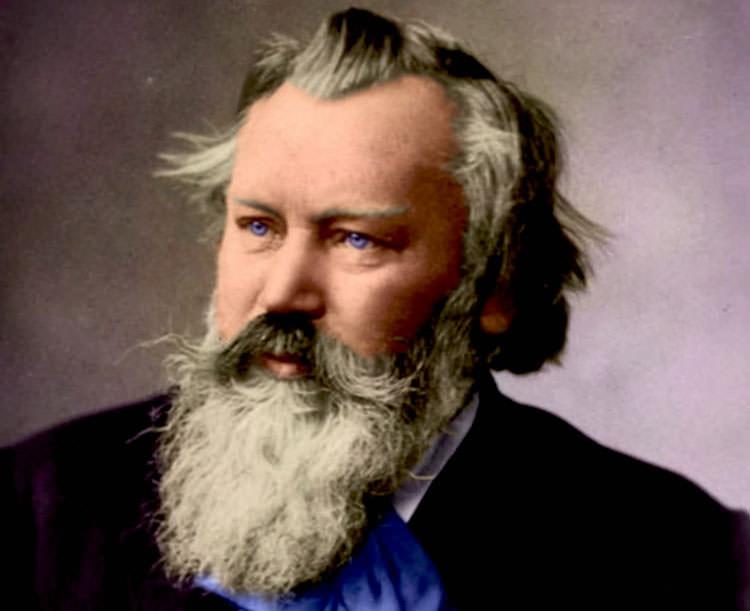
Brahms’s Symphony No. 4 is among his most fascinating, as it offers the listener a window into the composer’s deepest, darkest thoughts. Where his previous three symphonies all end in major keys, his fourth is a dark and tragic piece that can only be attributed to Brahms’s somewhat tragic personality.
Haunted by an obsession with death since his youth, the composer only grew more despondent as he got older. According to friends, and his own publisher, Brahms, in his early 50s at the time, suffered from a growing concern about death. He instructed his publisher on how he ought to proceed with his latest composition, should he die before finishing it. Of course, Brahms would go on to live another 12 years.
Berlioz – Symphony Fantastique
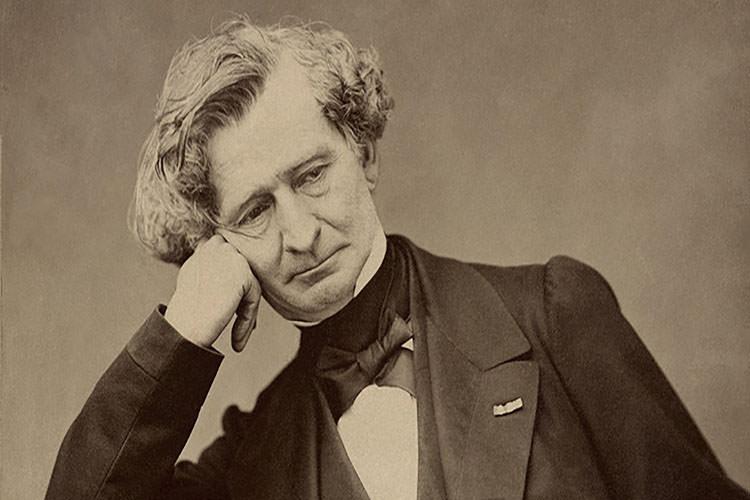
With his Symphonie Fantastique, French composer Hector Berlioz took the storytelling power of symphonies to a whole other level. Symphonie Fantastique follows the tragic figure of the Artist who becomes obsessed with a beautiful woman. What follows is a compelling sojourn into the Artist’s dreams, fears, worries, and wants, his depression, and his ecstasy.
Naturally, the Symphonie Fantastique is autobiographical, stemming from Berlioz’s own deep obsession with the Shakespearean actress Harriett Smithson. Though indifferent at first, Smithson eventually agreed to receive the lovelorn composer. Imitating his protagonist, Berlioz swallowed a fatal dose of opium before his beloved’s eyes who quickly agreed to marry him. Thankfully, the composer also had the antidote in his pocket.
Smithson and Berlioz eventually separated, but Symphonie Fantastique, the work that brought them together, propelled the composer to a new level of fame.
Tchaikovsky – Symphony No. 6
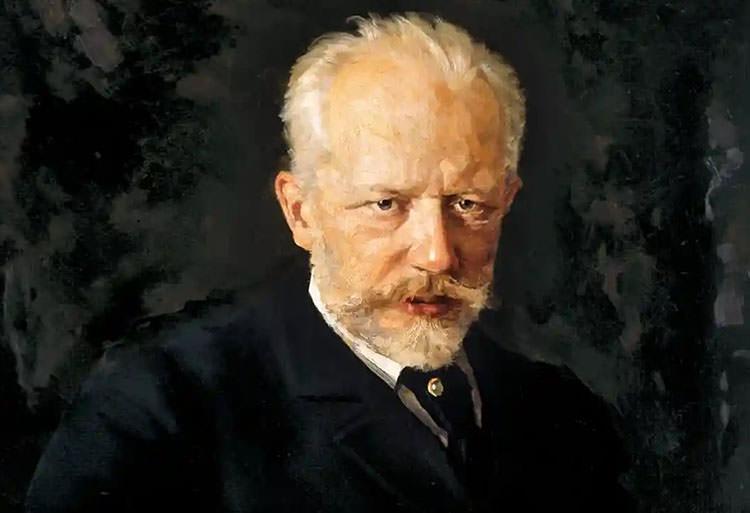
Known universally as La Pathetique, Tchaikovsky’s sixth symphony is by far one of the composer’s most mysterious, yet grandiose works. Like his two previous symphonies, Symphony No. 6 follows what Thchaikovsky saw as “a secret program”. Where both the Fourth and Fifth were concerned with man’s struggle with fate, Symphony No. 6 is quite simply, about life.
The first two movements are composed of joyous notes of youth, exuberance, and love, whereas the latter two movements are short and tragic (embodying disappointment and death).
In Tchaikovsky’s own words, he “put [his] whole soul into this symphony”, and perhaps it explains why it lives on today.
Bruckner – Symphony No. 8
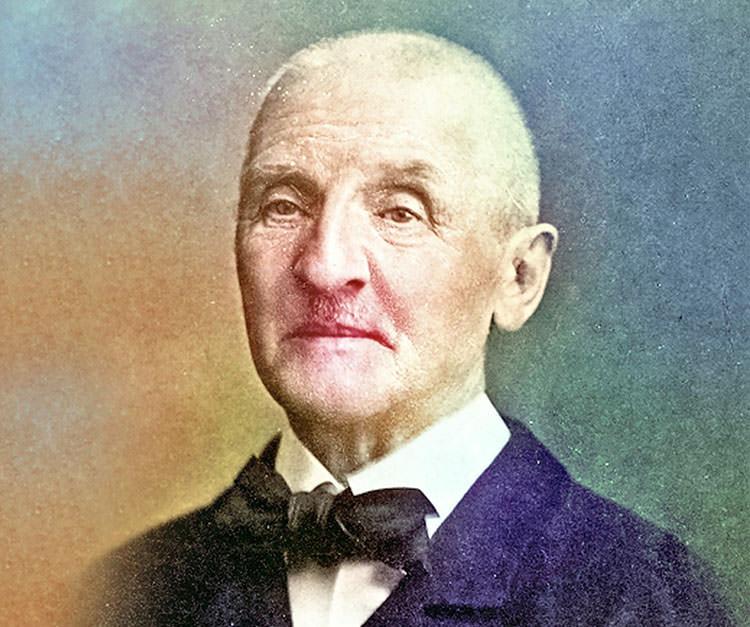
Anton Bruckner’s Symphony No. 8 would go on to be his final completed symphony. It has divided critics for generations, with some shuddering at its hectic tone, while others only fall in awe at its subtle magnificence.
Beware, Bruckner’s Symphony No. 8 is by no means a “light audition”. It is an erratic journey along which you encounter monsters and demons from the darkest pits of the composer’s imagination. Haunting and unsettling, Symphony No. 8 is riddled by themes of death and war.
It’s all worth it, however, for the grand finale, described by Bruckner himself as “the most significant movement of [his] life”.
Sibelius – Symphony No. 7
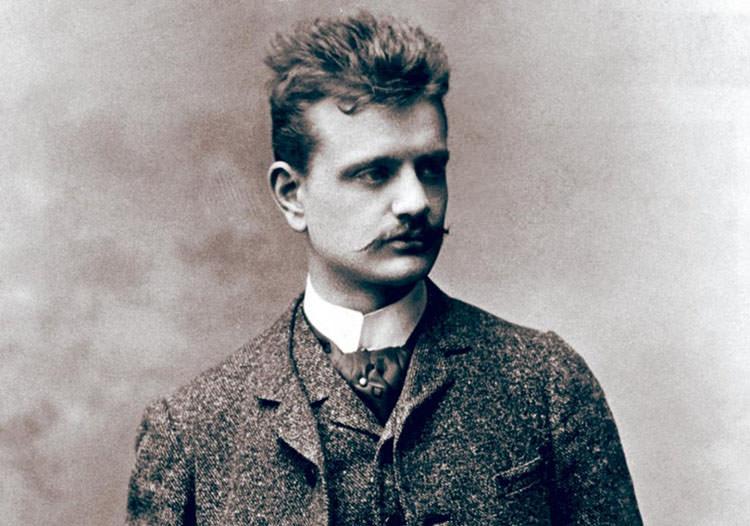
Also the composer’s final symphony, Sibelius’s Symphony No. 7 is perplexing on several fronts. For one, it features a single act that stretches across 22 minutes. But what sets it out as truly memorable is its inane tragedy.
Described by conductor Simon Rattle as “a scream” and “the most depressed C major of all musical literature), Symphony No. 7 is a shattering testament to Sibelius’s musical mastery.
Brewing in the Finnish composer’s mind for the better part of 10 years, Symphony No. 7 came out in a rush in the mid-1920s. The work was so disturbing that Aino, Sibelius’s wife, remembered feeling “in a state of mortal terror” after attending its premiere. She would thereafter refuse to attend performances of the seventh.
What makes the Seventh even more of a mystery is that Sibelius never composed another symphony (though he wouldn’t die for another 30 years). Whether his fraught mental state, as attested by the final symphony, was to blame, or whether he’d said everything that needed saying with Symphony No. 7, we’ll never know.
Intrigued? It’s time to get listening. Head on over to Radio Art. Here, you can have your pick of a whopping 34 classical music channels, and listen to all of the above symphonies… and many more!
Our website respects the intellectual property rights of creators, as well as the music rights of authors and composers.
The musical works are provided solely for the private use of each visitor/user
and any further exploitation of them in any way is prohibited without prior permission from AUTODIA and EDEM Rights.
Radio Art is fully approved by the Greek Collective Rights Organizations | AUTODIA | EDEM Rights
Copyright © RABS - Radio Art Broadcasting services Ltd. All rights reserved.
The Art of Relaxing & Meditation Music
Privacy Policy & TOS








